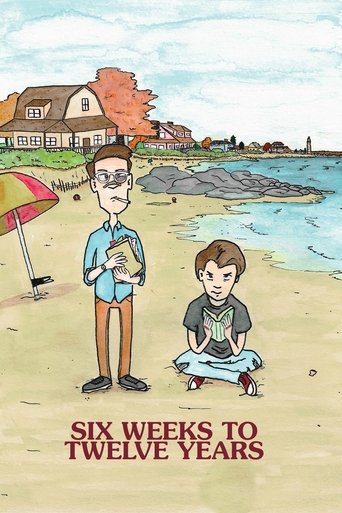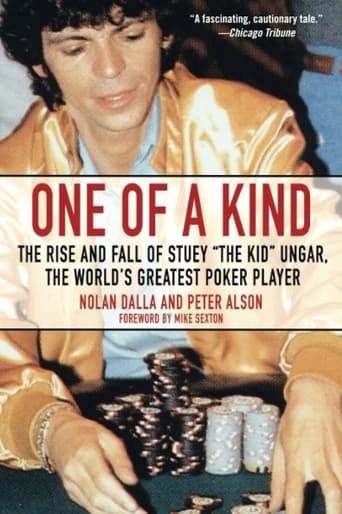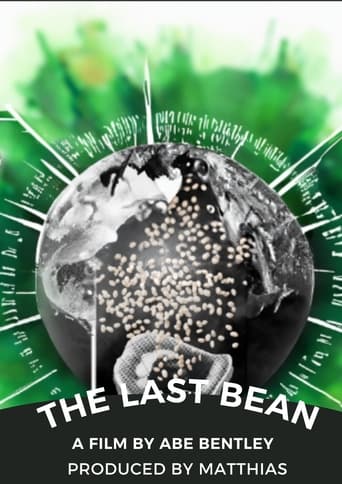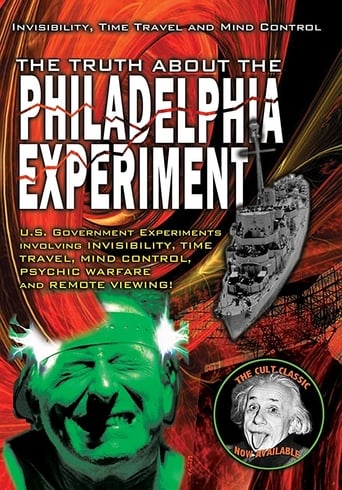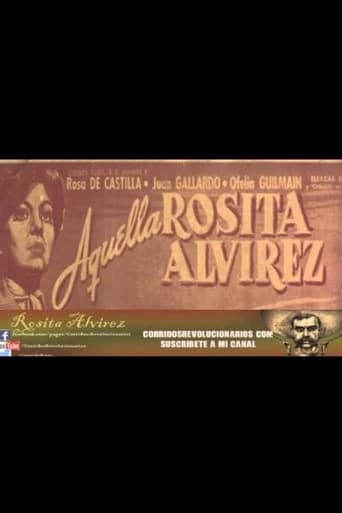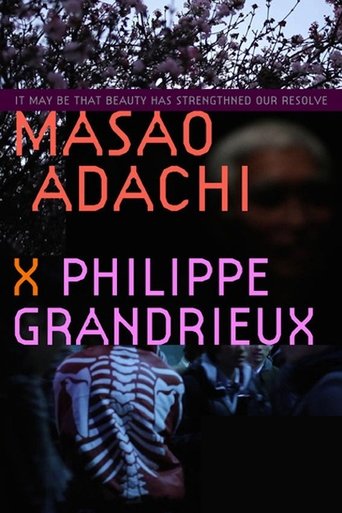
The first in a planned series of films about radical filmmakers by film critic Nicole Brenez and filmmaker Philippe Grandrieux, It May Be That Beauty Has Strengthened Our Resolve is a portrait of Masao Adachi, who emerged during the Japanese New Wave of the 1960s as a screenwriter for Nagisa Oshima and Koji Wakamatsu, and directed a series of avant-garde films that grafted radical politics to the sexploitation genre. A 1971 visit to a Popular Front for the Liberation of Palestine (PFLP) training camp while on the way back from Cannes resulted in Adachi's most infamous film, the agit-prop documentary Red Army/PFLP: Declaration of World War, which he co-directed with Wakamatsu. Soon after, Adachi joined a splinter cell of the Japanese Red Army in Lebanon, where he stayed from 1974 until he was deported to Japan in 1997 to serve time for passport violations.
| Title | It May Be That Beauty Has Strengthened Our Resolve - Masao Adachi |
|---|---|
| Year | 2011 |
| Genre | Documentary |
| Country | France |
| Studio | Epileptic |
| Cast | Masao Adachi, Naruhiko Onozawa |
| Crew | Philippe Grandrieux (Director), Charles Lamoureux (Sound Designer), Philippe Grandrieux (Sound Designer), Philippe Grandrieux (Director of Photography), Stéphane Thiébaut (Sound Re-Recording Mixer), Annick Lemonnier (Producer) |
| Keyword | |
| Release | Jul 08, 2011 |
| Runtime | 73 minutes |
| Quality | HD |
| IMDb | 6.50 / 10 by 6 users |
| Popularity | 0 |
| Budget | 0 |
| Revenue | 0 |
| Language | Français, 日本語 |
 Apple TV
Apple TV Google Play Movies
Google Play Movies Fandango At Home
Fandango At Home Netflix
Netflix Amazon Prime Video
Amazon Prime Video Amazon Video
Amazon Video MUBI
MUBI
